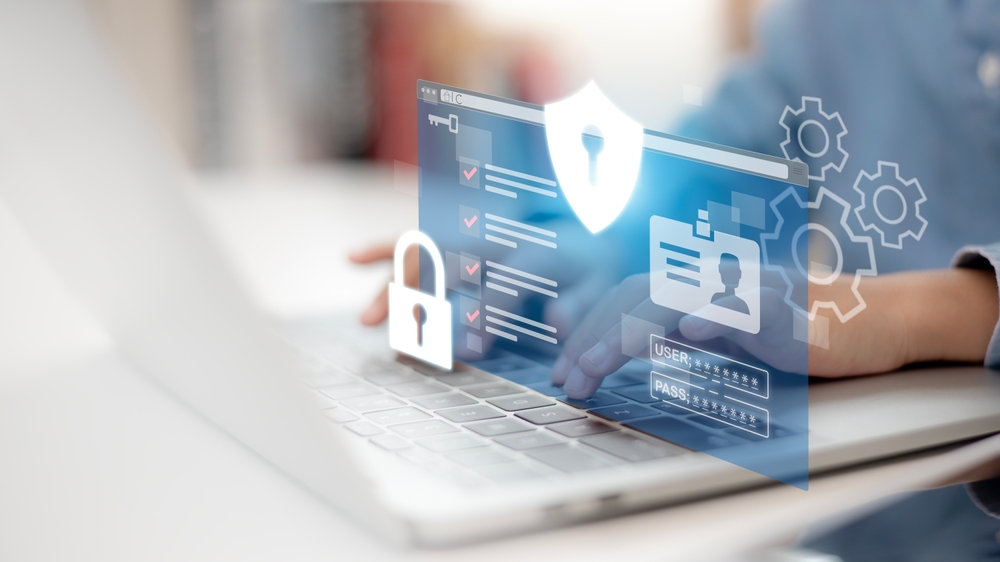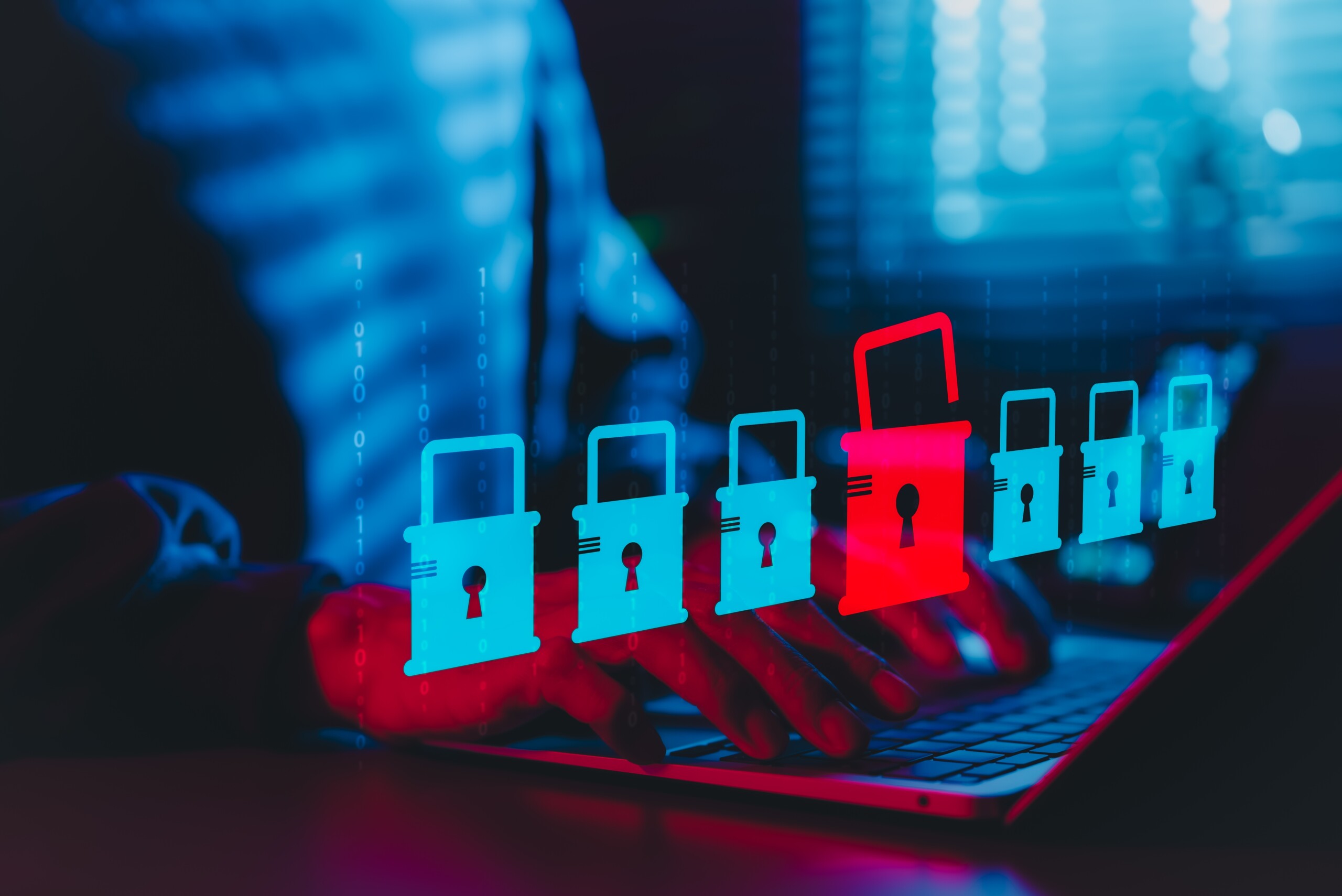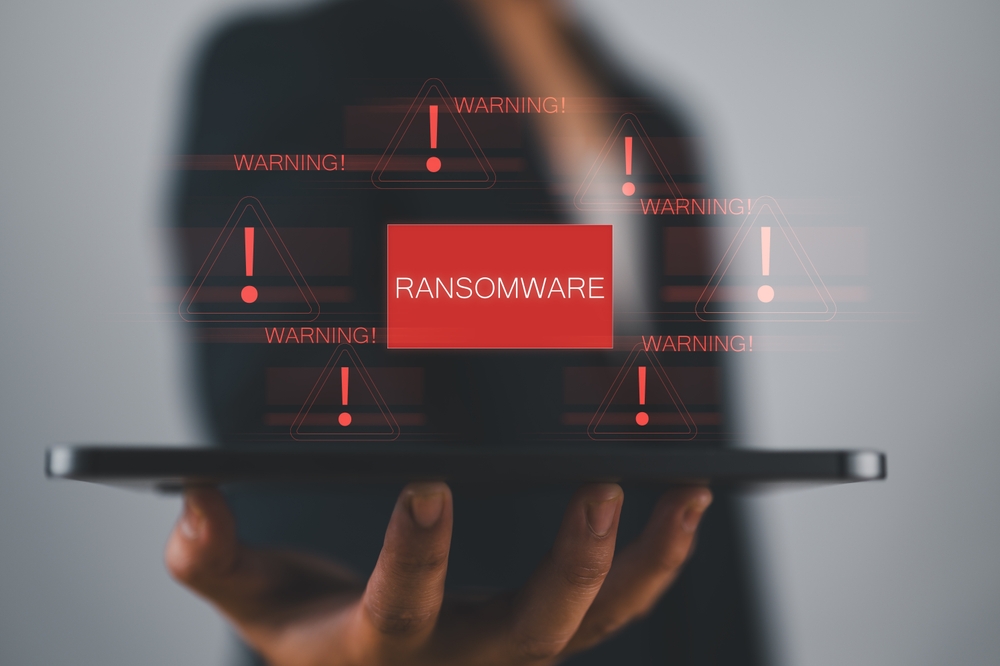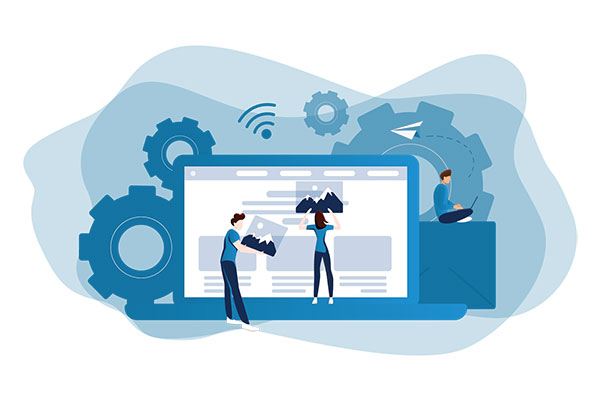It’s not just humans that get viruses, so do computers. COVID-19 is proving a breeding ground for malware and ransomware attacks.
We have seen a rise of malware and ransomware attacks in recent months, and we would like to keep you informed and offer advice on the best way to prevent such attacks.
With the sudden increase in homeworking due to the Coronavirus pandemic hackers are looking for new, vulnerable targets. It is important that you stay safe when on the Internet. If your PC, laptop or tablet is turned on the chances are it is on the Internet.
So, what are the threats
The rise of the Trojan.
Trojans are the most common type of malware today. They are categorized according to their function: the most common include backdoors, password stealers, downloaders, and banking Trojans.
They are used to steal confidential information (username, password, PIN, etc.) for bank fraud.
They can also be used to spy on victims, install additional malware to suit the needs of the attackers and as part of DDoS (Distributed Denial of Service) attacks on organizations. Such attacks seek to extort money, using a ‘demonstration’ DDoS attack to give the victim a taste of what will happen if they don’t pay up.
Holding you to ransom.
In recent years, there has also been a steady growth in ‘ransomware’. This is the name given to malicious programs designed to extort money from their victims by either blocking access to the computer or encrypting the data stored on it. The malware displays a message offering to restore the system in return for a payment.
TIP: Regularly backup your data.
Phishing – masquerading as someone else.
Phishing involves tricking people into disclosing their personal details (username, password, PIN or any other access information) and then using these details to obtain money under false pretences.
Phishers create an almost 100% perfect replica of a chosen financial institution’s website. They then spam out an email that imitates a genuine piece of correspondence from the real financial institution.
Phishers typically use legitimate logos, good business style and even make reference to real names from the financial institution’s senior management. They also spoof the header of the email to make it look like it has come from the legitimate bank.
The fake emails distributed by phishers have one thing in common: they are the bait used to try and lure the customer into clicking on a link provided in the message. If the bait is taken, the link takes the user directly to an imitation site, which contains a form for the victim to complete. Here they unwittingly hand over all the information the cybercriminal needs to access their account and steal their money.
The human factor.
Humans are typically the weakest link in any security chain. There are several reasons for this, and many people are unaware of the tricks used by cybercriminals. Successive scams never look quite the same, which makes it difficult for individuals to know what to look out for.
Source:
UK ICT recommends ESET Internet Security – the most effective anti-virus software available. Please feel free to forward this e-mail to a colleague or friend . Keep up-to-date and be informed. Call UK ICT for more information relating to the Virus threat and how to protect yourself
STAY IN THE LOOP
Subscribe to our newsletter.
A trusted retail company faced a major data breach when a supplier compromised thousands of customer credit card records. Vector and our cybersecurity partner stepped in to contain the damage, restore compliance, and build a stronger, more secure digital infrastructure. Discover how targeted action—from forensic investigation to vendor risk assessments—helped rebuild customer trust and prevent
When a trusted HR company suffered a serious financial loss due to a lack of multi-factor authentication and weak internal controls, Vector and our cybersecurity partner stepped in. Discover how we helped them recover from the breach, implement robust security protocols, and build long-term resilience against future threat
Discover how Vector, in collaboration with our specialist cybersecurity partner, rescued a fast-growing building and property services company from a devastating ransomware attack. Learn how rapid response, data recovery, employee training, and a full security overhaul turned a crisis into a cybersecurity success story—and how proactive measures helped future-proof their operations.






